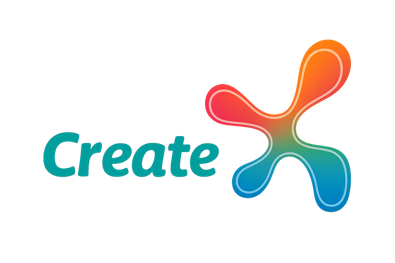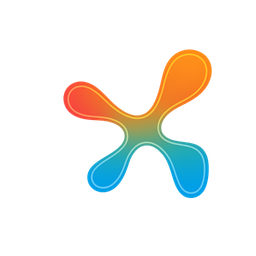The DeepMind Odyssey From Game-Playing Pixels to World-Changing Proteins
A Paradigm Shift for Biology
200M+
Predicted Protein Structures Released by AlphaFold
DeepMind's AlphaFold achieved what was considered a grand challenge in biology for 50 years. By making its database of protein structures freely available, it has accelerated research globally, impacting everything from drug discovery to environmental sustainability.
The Proving Ground: Conquering Games
Before DeepMind could tackle science, it needed a sandbox—a universe of rules, strategies, and near-infinite possibilities to test its burgeoning intelligence. Games provided that perfect arena. The victory of AlphaGo over world champion Lee Sedol wasn't just about winning; it was a demonstration of an AI capable of intuition and creativity in the face of complexity far beyond any machine before it.
The Scale of the Challenge: Go vs. Chess
The number of possible board positions in Go is greater than the number of atoms in the known universe, making it an exponentially harder problem than chess. This chart illustrates the leap in complexity AlphaGo had to master.
Milestones in Machine Mastery
DeepMind's progress in games was relentlessly swift, evolving from a system that learned from human experts to one that taught itself, achieving superhuman performance in days.
AlphaGo
Defeats legendary Go player Lee Sedol 4-1, a landmark moment for AI.
AlphaZero
Masters Go, Chess, and Shogi from scratch with no human data, only the rules.
The Grand Challenge: Unfolding Biology
With the lessons learned from games, DeepMind pivoted to a problem with profound real-world consequences: protein folding. For decades, determining the 3D shape of a protein was a slow, expensive process. AlphaFold changed everything, providing a computational method to predict protein structures with astonishing accuracy. This breakthrough is a testament to the power of AI as a tool for fundamental scientific discovery.
AlphaFold's Broad Scientific Impact
The availability of millions of protein structures is supercharging research across diverse scientific fields, enabling scientists to tackle problems once thought intractable.
The Core Philosophy
DeepMind's approach is a virtuous cycle, inspired by both neuroscience and computer science. It's a relentless process of building, testing, and learning that pushes the boundaries of what AI can achieve, turning abstract theories into tangible breakthroughs.
Neuroscience-Inspired Hypothesis
Begin with principles from how the brain learns and processes information.
Build & Train General AI Models
Create flexible algorithms that can learn from raw data without being explicitly programmed for a task.
Test at Scale & Generate Insight
Apply models to complex problems (games, science) to measure performance and uncover new knowledge.
The Horizon: The Quest for Generalist AI
The ultimate goal has always been Artificial General Intelligence (AGI). DeepMind's recent work on "generalist" models like Gato and its contributions to multimodal systems like Gemini represent the next chapter. These are not specialized tools for a single task, but single, unified systems capable of learning and performing a vast range of different jobs—from captioning images to controlling a robot arm. This is the path to creating a true AI collaborator for humanity.
The Generalist Agent: Gato's Capabilities
Unlike its predecessors, Gato is a multi-task, multi-modal agent. This radar chart visualizes its proficiency across a spectrum of tasks, showcasing its versatility and a key step towards more general systems.
Impact Across the Google Ecosystem
DeepMind's research isn't just theoretical. Its breakthroughs are actively integrated into Google products, improving efficiency, creating new features, and delivering real value to billions of users.
40% energy reduction
Improved simulation
Adaptive optimization
Better recommendations

Detailed Research Report



